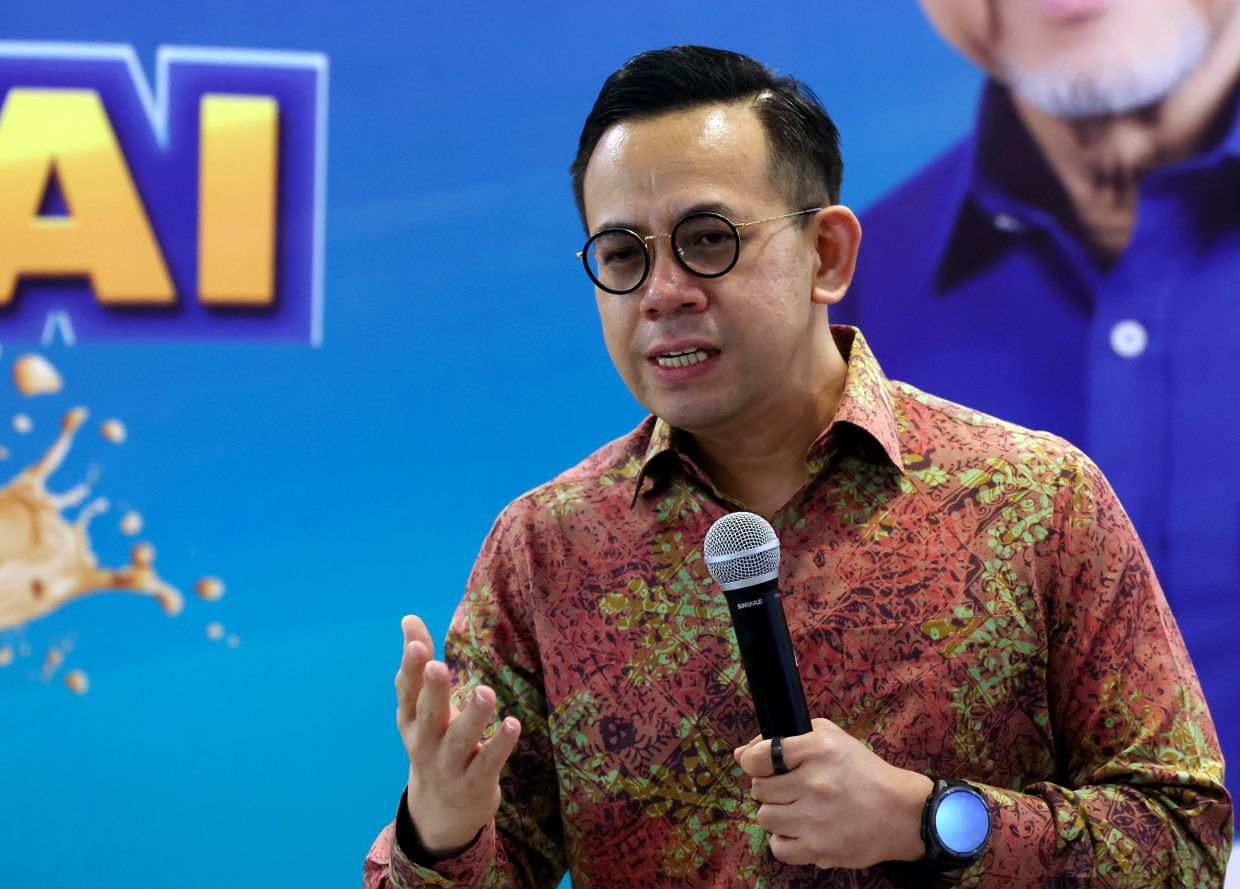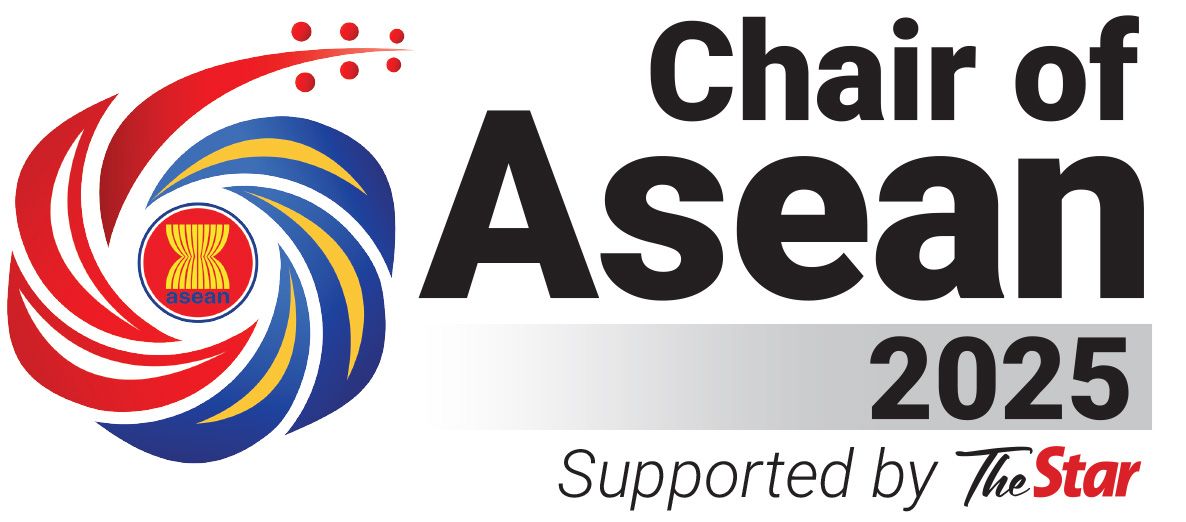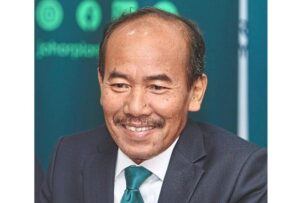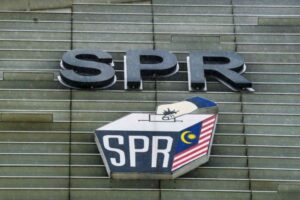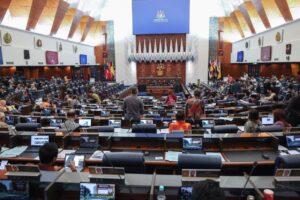KUALA LUMPUR: Asean nations should empower the Asean TVET Council to create a cross-border framework for recognising technical and vocational skills, ensuring qualifications earned in one member state are accepted across the region, says Human Resources Minister Steven Sim.
Sim said the newly established Asean TVET Council should lead efforts to harmonise certification standards among member states.
“Skills taught in Malaysia should be recognised in Thailand or Indonesia, and those taught in Indonesia should be recognised in Vietnam or the Philippines.
“Skills are the currency of the AI economy, and mutual recognition is key,” he said.
He noted that Asean countries had already proven their ability to reach consensus on complex matters.
Sim stressed that greater sharing of resources in training was also critical.
He said Malaysia, which spends about RM10bil annually on TVET, had already opened its National Training Week to Asean participants, offering more than 72,000 free training courses worth RM400mil to 3.5 million people.
He added that Asean must adopt a more collaborative approach to the 21st-century economy, moving away from zero-sum competition that drives the region into a race to the bottom.
“Competition between friends and neighbours need not be about who is cheaper.
“Instead, we can partner to raise the value of our economies, tackle global challenges together, build local competencies and drive green growth,” he said.
He cited the electric vehicle industry as an example where Asean could collaborate rather than undercut each other.
“We should take what I call the ‘Airbus approach’.
In the 1960s and 70s, European countries joined forces to build an aircraft industry to compete with the Americans — and they succeeded.
“Asean should do the same with EVs, leveraging on our core strengths instead of engaging in destructive price wars,” he said.
Sim noted that Asean had already achieved breakthroughs in areas such as regional standards for green financing, the Asean power grid, the Asean Digital Economy Framework Agreement and, more recently, real-time cross-border e-payments.
“There is no reason we cannot extend this model to EVs, semiconductors or the green economy,” he said at the Dialogue Session with the Minister on Fostering Cooperation Among Youths in Asean on Saturday (Aug 16).
Looking ahead, Sim said Asean must prioritise the mobility of skilled workers — not just low-skilled labour — if it wants to position itself as one of the world’s most advanced talent hubs.
“Our strength is formidable when we act jointly. While China and the US account for 11% and 13% of global imports respectively, Asean already contributes 7% to 8%.
“After China and India, Asean is the most populous region in the world, with nearly 10% of the global population,” he said.
Malaysia, he added, had already set out a RM611bil (US$145 billion) five-year development plan with heavy investments in artificial intelligence, digital technology, advanced manufacturing and the green economy.
“But to succeed, we must continue to open our doors to our friends and neighbours,” he said.
